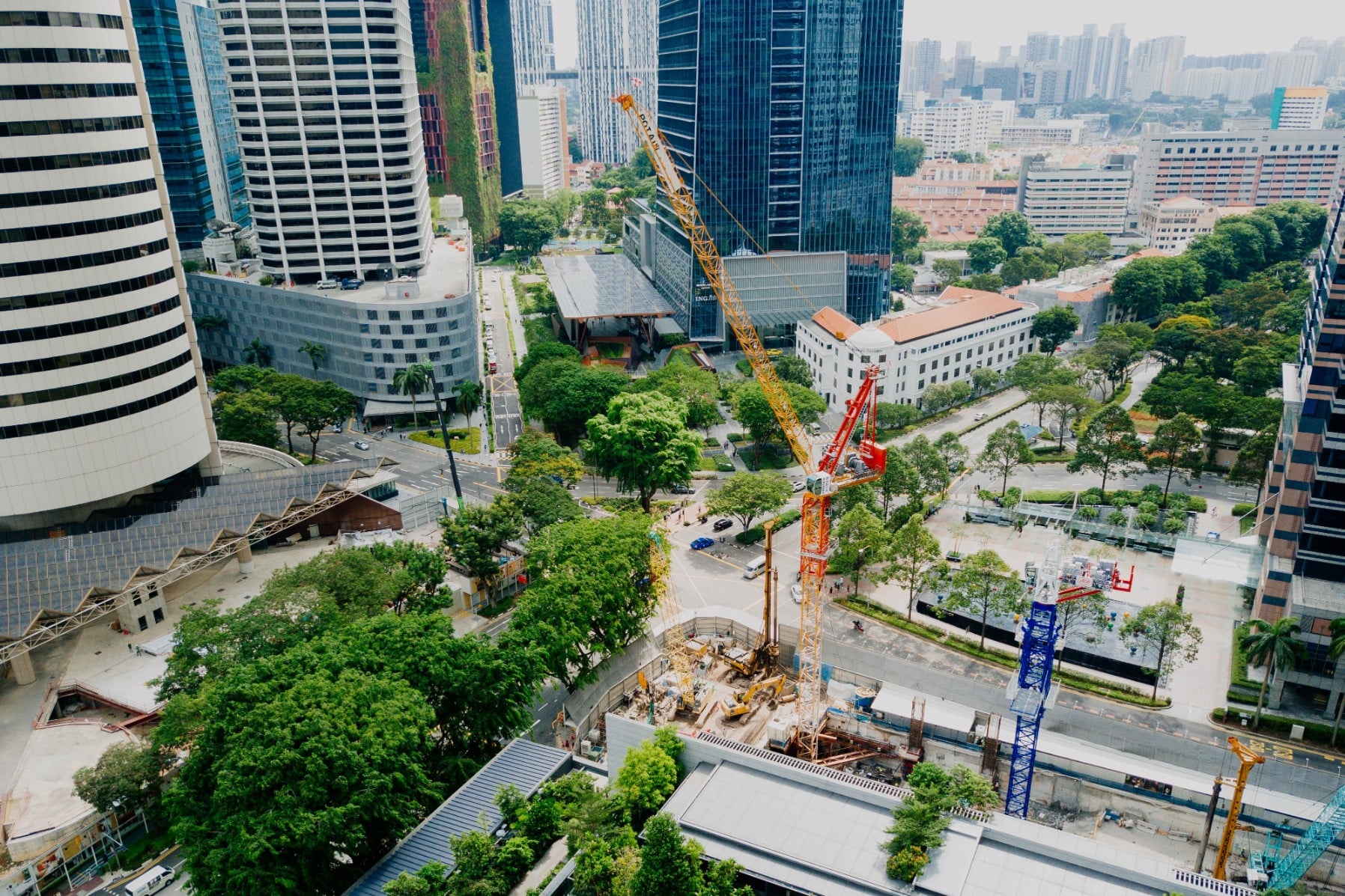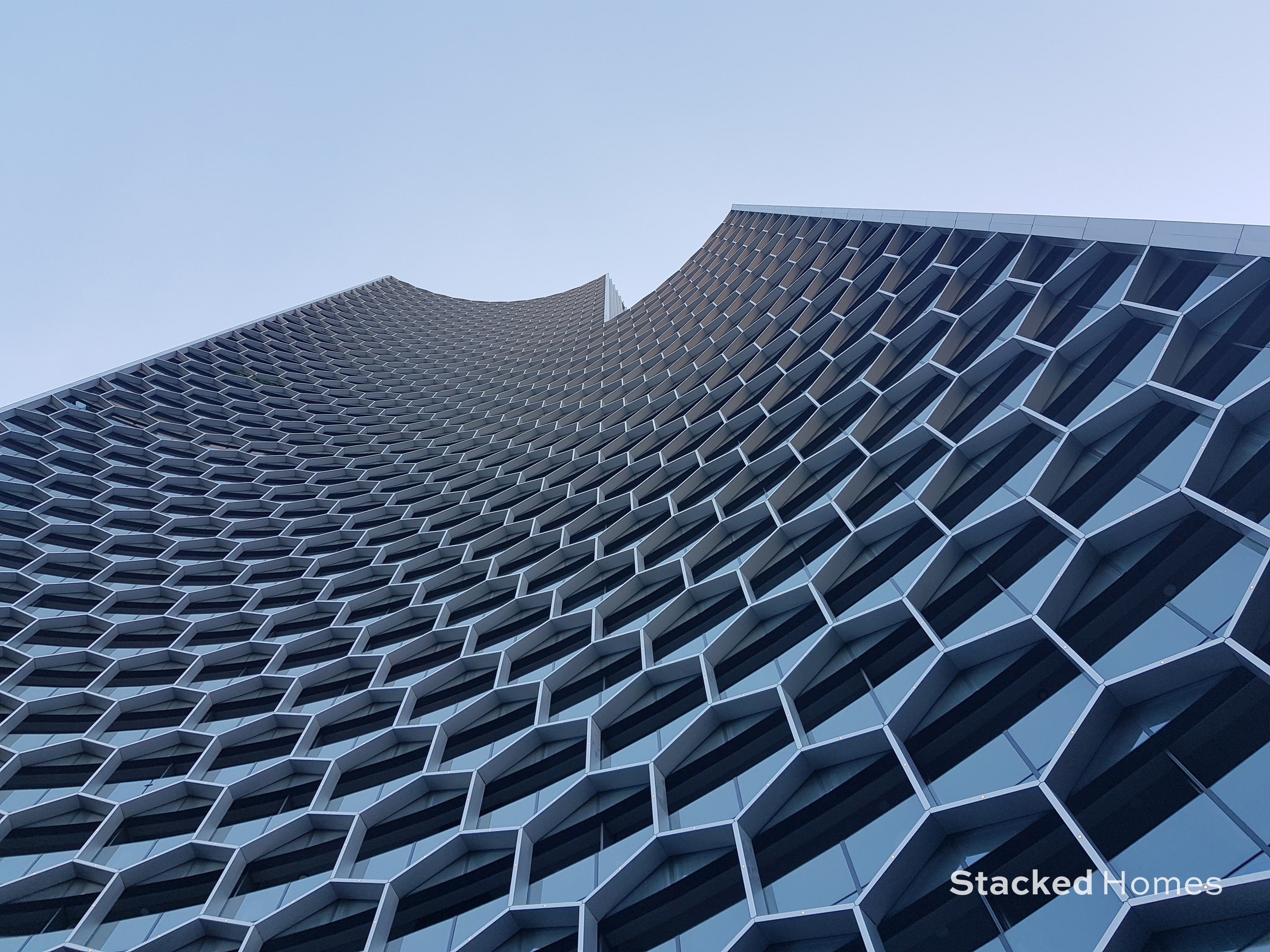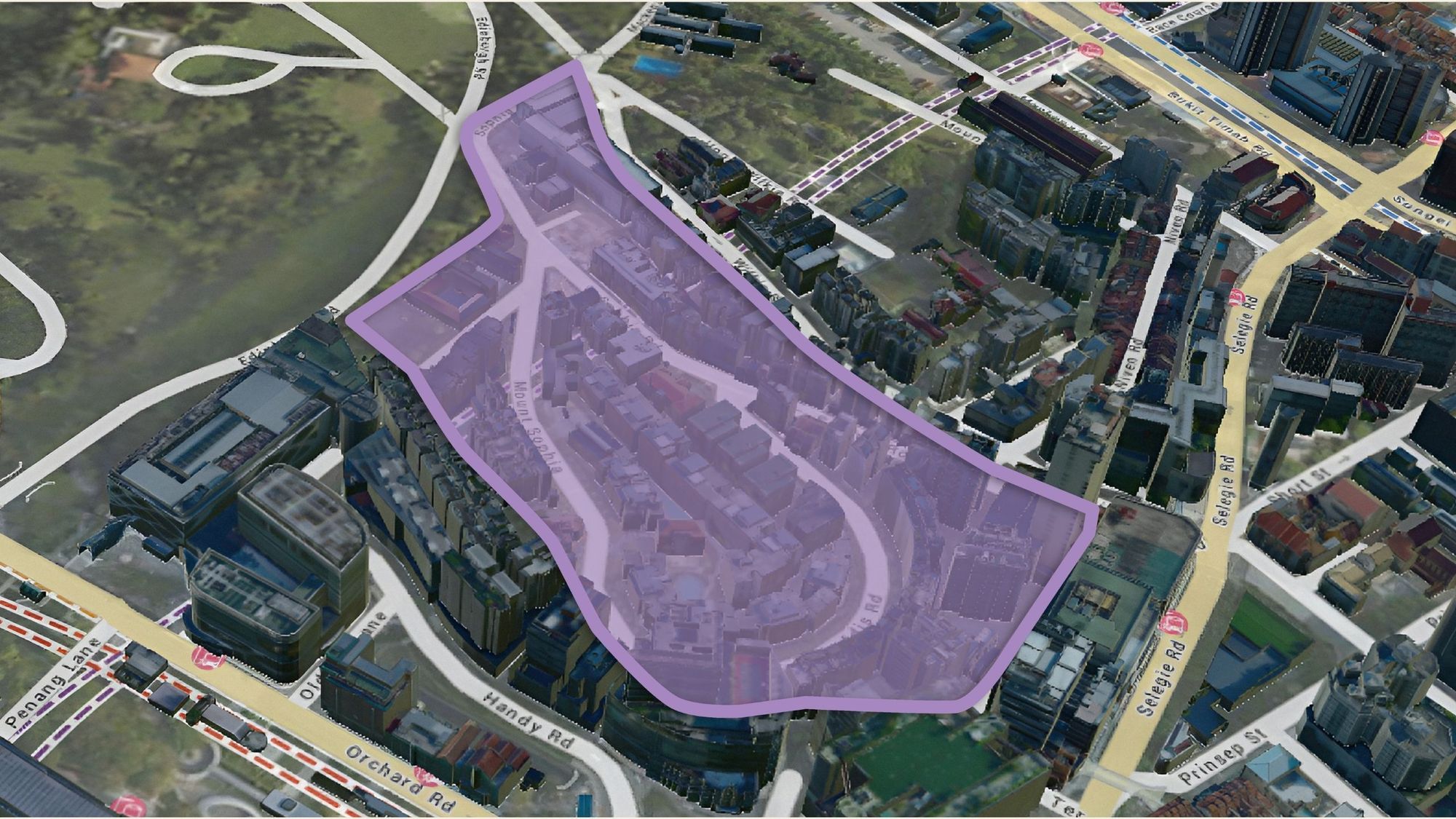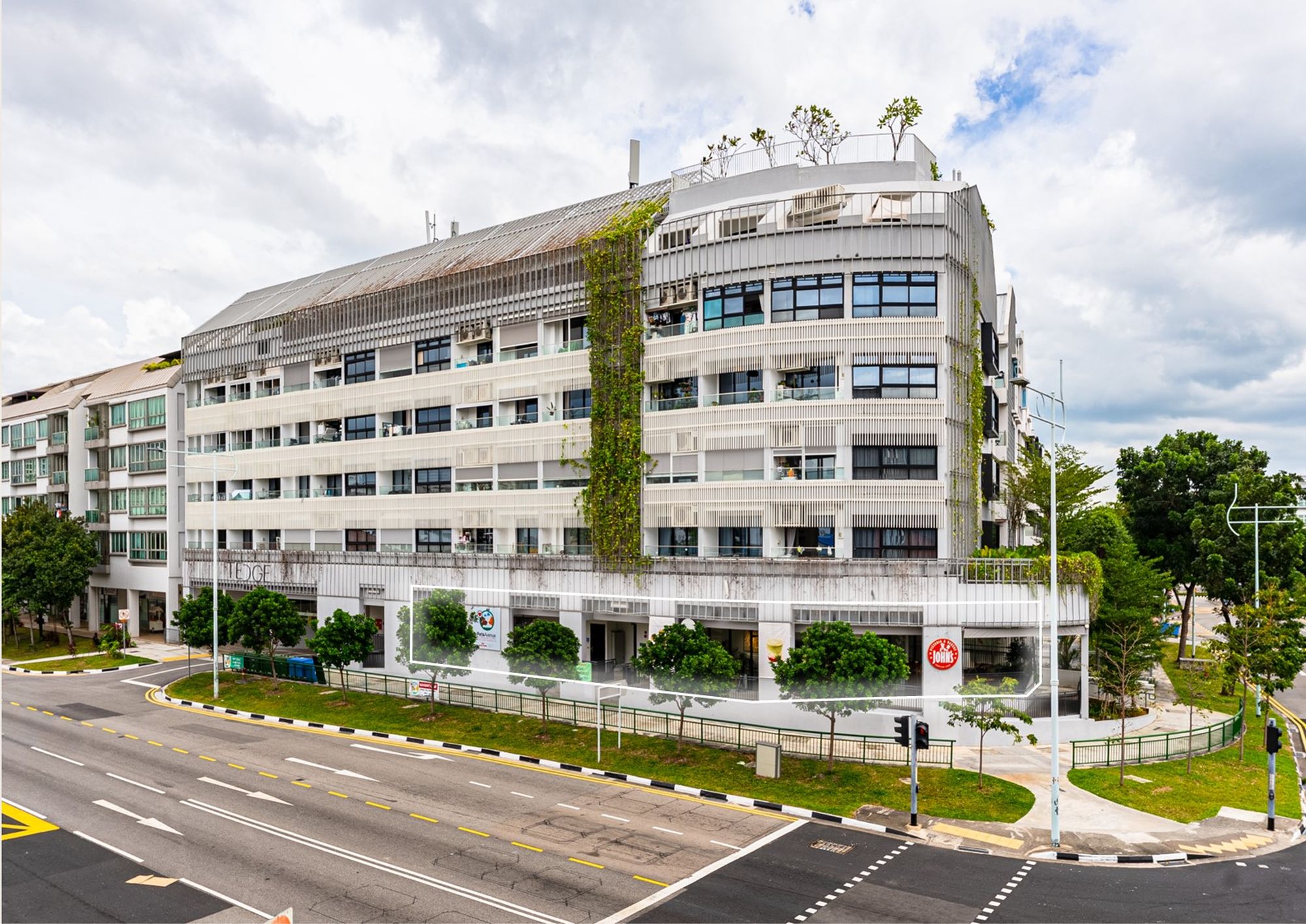Land ownership in Singapore – here is everything you need to know
June 7, 2018

It is no secret that Singapore is a very small country. In case you did not know, the total land area of Singapore is only 721.5 square kilometres (as of 2017) making it the 192nd-largest country in the world. In fact, Singapore is so small that you could walk from one end to the other in a day, all 46 km of it. So it goes without saying that land is a very valuable commodity, and the lack of it is a major reason to the high property prices (and constant clamouring over land ownership in Singapore).
Thus land reclamation has been an important project since we became an independent nation. Through this, Singapore has managed to grow in size from 581.5 square kilometres in 1960 to its current size today, an increase of 25%! If you would like to read more on Singapore’s land reclamation story, Biblioasia has a great account on it.
So many readers write in because they're unsure what to do next, and don't know who to trust.
If this sounds familiar, we offer structured 1-to-1 consultations where we walk through your finances, goals, and market options objectively.
No obligation. Just clarity.
Learn more here.
History of land ownership in Singapore
So after Singapore gained independence in 1965, there was an immediate need for the Government to make a stand on the land ownership in Singapore ruling as they needed land for their developmental projects. In June 1967 the land acquisition act came into effect and this gave the Government the power of compulsory land acquisition for the reason of public development. This also regulated the amount of compensation to landowners who had their properties acquired by the Government. Meaning that the compensation was on the basis of the land’s pre-development value, just imagine that! Not surprisingly, the land acquisition act allowed the Government to acquire land quickly and they were able to gain a total of 177 square kilometres of land, which was about one-third of the total land area of Singapore in 1984. By 1985, the Government had the biggest land ownership in Singapore at 76.2 percent.
More from Stacked
We Make $15k Per Month And Own An Executive Apartment In Queenstown: Should We Keep It Or Sell To Upgrade To A Condo?
Hi Stacked Homes! You guys are an amazing trove of information for all things related to home buying/selling, with articles that…

Homeowner StoriesA Tale of Two Properties: How My Leasehold Property is worth $300k More Than a Friend Who Bought a Freehold Property
by Stanley GohHow is land ownership in Singapore classified?
Now you know the history behind the land ownership in Singapore we will now delve into the different classifications of land ownership. Due to the origins of the land law in Singapore, all land ultimately belongs to the state and you can only own an estate or some lesser interest in the land. So under the State Lands Act 5 types of grants of land may be made by the state, namely:
- estates in fee simple
- estates in perpetuity
- leases
- temporary occupation licences
- tenancy agreements
Land ownership in Singapore is basically split into 2 categories: freehold and leasehold.
Freehold land
In simple terms, freehold land owners will own the land title forever. There is no expiration date to it. This is obviously the most valuable and sought after land status in Singapore.
Leasehold land
Leasehold land differs from freehold in that it has an expiry date. The two most common in Singapore would be the 999-year and 99-year. Although the former is getting increasingly rare in Singapore. Leasehold land can have different tenures depending on what was set, so it can be anything from 30 years to some that are 110-year leases.
As always, feel free to leave a comment below or you can always reach out to us at stories@stackedhomes.com!
At Stacked, we like to look beyond the headlines and surface-level numbers, and focus on how things play out in the real world.
If you’d like to discuss how this applies to your own circumstances, you can reach out for a one-to-one consultation here.
And if you simply have a question or want to share a thought, feel free to write to us at stories@stackedhomes.com — we read every message.
Frequently asked questions
How much land does Singapore have and how has it changed over time?
What is the history of land ownership laws in Singapore?
How is land ownership classified in Singapore?
What is the difference between freehold and leasehold land in Singapore?
Why is land considered a valuable commodity in Singapore?
Stanley Goh
Stanley loves crunching numbers in excel and analysing them. Naturally, he helps Stacked Homes generate articles based on his analysis as much as he can. When he's not using Excel, he enjoys watching movies and eating chocolates.Need help with a property decision?
Speak to our team →Read next from Property Market Commentary

Property Market Commentary How I’d Invest $12 Million On Property If I Won The 2026 Toto Hongbao Draw

Property Market Commentary We Review 7 Of The June 2026 BTO Launch Sites – Which Is The Best Option For You?

Property Market Commentary Why Some Old HDB Flats Hold Value Longer Than Others

Property Market Commentary We Analysed HDB Price Growth — Here’s When Lease Decay Actually Hits (By Estate)
Latest Posts

Editor's Pick These Freehold Condos Near Orchard Haven’t Seen Much Price Growth — Here’s Why

Singapore Property News These 4 Freehold Retail Units Are Back On The Market — After A $4M Price Cut

Pro This 130-Unit Boutique Condo Launched At A Premium — Here’s What 8 Years Revealed About The Winners And Losers






































3 Comments
Hi Stanley
for residential 99 years lease landed property, so far in Singapore, is there any example of a property that the lease expire. what actually happen when the lease expire? do we need to remove all movable items? what is the handover process like?
[…] Land Purchase Act went effect in June 1967, giving the government the authority to acquire land for public infrastructure development by forced acquisition. The compensation paid to landowners’ properties was […]